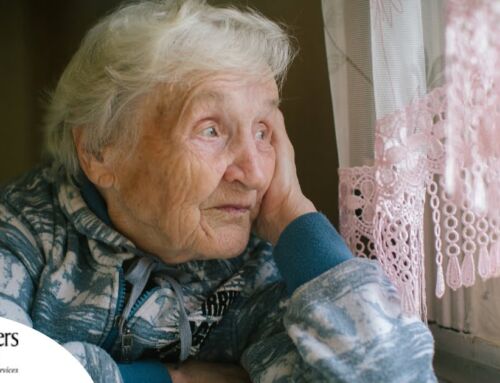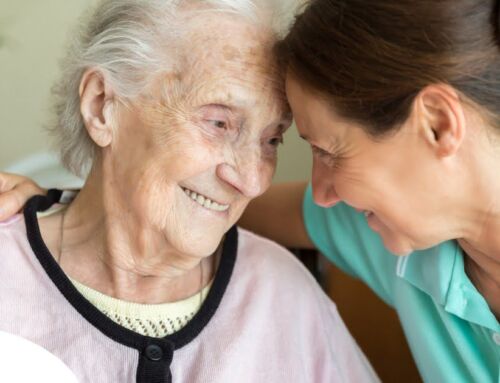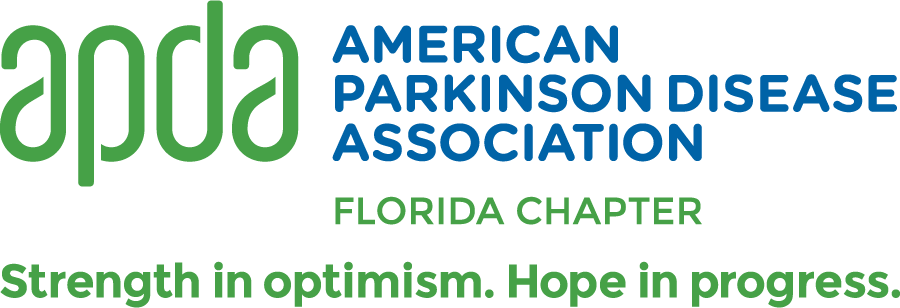What is Dementia?
Dementia is a broadened term used to identify diseases that affect mental capabilities in those diagnosed. Specifically, these diseases affect the biological structure of the brain and lead to developed memory loss. Those diagnosed with a form of dementia are unable to tend to daily activities and routines due to symptoms of their illness. Fortunately, obtaining dementia information is helpful for families of individuals who are diagnosed with a form of dementia and aid them in providing a life that their aging loved one can live comfortably.
Different Types of Dementia
Since dementia is the general title for a disease that affects mental ability, there are a few of them that an aging loved one may be at risk for developing. Learning from dementia information on the different types of various dementias can help to determine what is affecting you or a loved one. Types of dementia include:
Alzheimer’s: This type of dementia is the most commonly diagnosed of aging individuals. It is thought that Alzheimer’s is caused by growths of specific proteins in the brain and also brain cell damage. Short term memory loss is a signifying symptom of this disease and many affected are unable to recall even recent conversations. Often times, Alzheimer’s isn’t diagnosed until symptoms are apparent. As time goes on, the disease progresses and there is no cure for the disease. Symptoms of Alzheimer’s include:
- Memory loss
- Confusion
- Agitation
- Depression
- Anxiety
- Trouble speaking
Huntington’s Disease: Just as Alzheimer’s, Huntington’s disease is a form of dementia that progressively gets worse over time. The cause of this disease is attributed to a faulty gene of the chromosome 4. This leads to faulty protein in the brain which causes the progressive symptoms. Symptoms of Huntington’s Disease may include:
- Agitation
- Unintentional movements
- Depression
- Anxiety
- Impaired judgment
- Impaired cognitive abilities
Dementia with Lewy Bodies (DLB): Another progressive disorder, this form of dementia offers early warning signs including hallucinations, sleep issues and involuntary movements. Once progressed, dementia leads to memory loss as well. It is thought to be caused by an increased level of a brain protein that affects memory when located in the cortex. Sometimes, individuals with DLB can also develop Alzheimer’s and when this happens the individual is diagnosed with a disorder known as Mixed Dementia.
Who is at Risk for Developing Dementia?
Unfortunately, as we age, all of us are at risk of developing a form of dementia. In fact, 25% of elderly individuals over the age of 80 have already developed some form of dementia. Statistics show that women pose a higher threat for developing dementia disorders than men and also genetics do play a part in the cause of developing dementia as well.
Do I or My Loved One Have Dementia?
Dementia, sometimes, can be hard to diagnose. This is because it is not at all uncommon for aging individuals to experience lapses of memory. This is a natural symptom of aging and usually should not be a signifying identifier of disease. But, if these lapses in memory are becoming more frequent and affecting you or your loved one’s ability to perform daily responsibilities, it may be time to seek professional medical help with diagnosis.
Care for Aging Dementia Patients and More Dementia Information
If you or a loved one has been diagnosed with dementia, there are a few things that you can do to ensure safety and comfortability. Unfortunately, there is no treatment that cures any form of dementia, but there are medicinal supplements that can help to keep the progression of the disease at a minimum. Other medications can lessen the frequency and severity of certain symptoms as well. Many families that are affected by dementia seek the help of assisted living because they are not aware that in-home caregivers are often trained and certified in taking care of individuals affected by dementia. CareGivers of America offers referrals of these caregivers to clients who need their services so that they can live at home and their families can be at ease.
Think that a caregiver referral service may benefit your family or aging loved one? Give CareGivers of America a call today at 561-717-7224 for more dementia information and information on our referral service.








